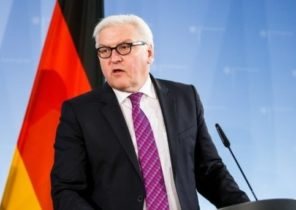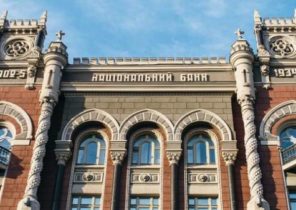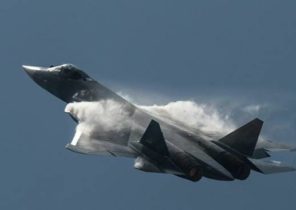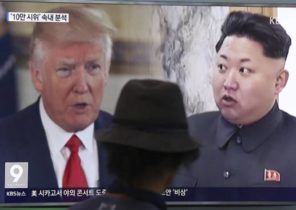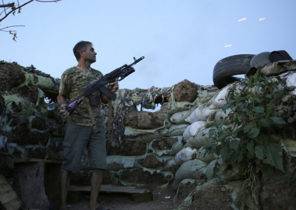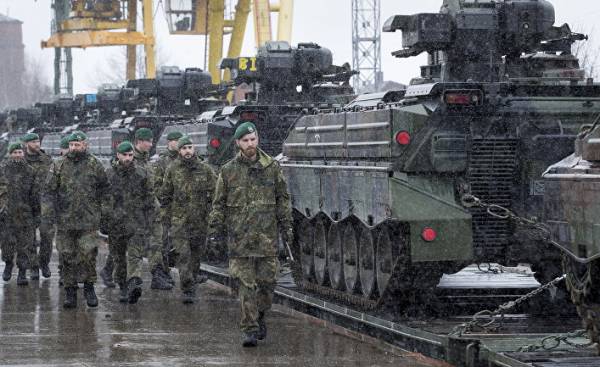
After the annexation of Crimea in 2014 Vilnius fears that he may become the new target of Moscow. Republic is strengthening the borders and puts itself under the protection of NATO.
More than 3.5 million euros for the construction of the barrier and gain control of the tenth part of the external border of the European Union and Russia, that is on the border of Lithuania and Kaliningrad region. This decision was made in Vilnius. The construction of the barrier height of 2 meters and a length of 44.6 kilometers should begin soon and be completed before the end of December. A large part of the border between the two countries runs along the river, the Neman splits them into more than 100 kilometers.
In addition, the work will be financed from the national budget, and not be conducted on European funds. In the national security strategy, adopted in early January, the Lithuanian Parliament, Russia and its “aggressive behavior” openly called the main threat to the Baltic States, which gained independence only a quarter of a century ago. “One means of addressing the threat to strengthen the protection of borders, in particular with the Kaliningrad region,” — said occupying the post since December, the Minister of internal Affairs Eimutis Misunas (Eimutis Misiunas). Whatever it was, he himself admits that the fence is intended to primarily be a barrier to smuggling (mostly cigarettes) and illegal immigration.
Fear of subversive activities
We all remember the incident with the employee of the Estonian special services Covera Eston (Eston Kohver), which was detained by Russia on the border between the two countries in September 2014 and released a year later. “This is a wire fence in any case will not stop the tanks”, — believes the expert on security issues Vilnius University Seselgyte Margarita (Margarita Seselgyte). At the same time, it can be effective to counter hybrid threats: “In recent years we increasingly fear the scenario with the infiltration across the border by Russian forces, action groups, smuggling and subversive activities”. As an example, she cites unconfirmed at the moment, the incident with the landing of Russian forces on the coast of Lithuania.
The boom will pass through Kybartai, one of the key border points, through which the highway and railway tracks. The head of this once-thriving town sonatas the Romas (Romas Sunokas) not afraid of anything and have not yet noticed any incidents. Moreover, he constantly travels from one country to another. “Habit from the days when no limit was not yet,” he says. Intermarriage is also frequent here. “Come here occasionally when important people, we’re talking about training for civil defense,” he says, calling the events a “political fever”. For him the main problem is unemployment and population decline.
The threat of an attack
“The relationship with Russia for many years are very mediocre way” — emphasizes Margarita Seselgyte. The gradual militarization of the Russian aggression in Georgia in 2008 and Ukraine — all this stirs up in Lithuania fears about a new occupation. “I spoke about all this when he was defense Minister (2008 to 2012), but nobody paid attention,” — says the Deputy of the Conservative party Rasa juknevičienė (Rasa Jukneviciene). She could not imagine that NATO will one day send a battalion in Lithuania (and under German command). The decision to this effect was approved at the NATO summit in Warsaw in July last year, and specific measures were taken in the spring.
Recently, the President of Lithuania Dalia Grybauskaite restrained comments about Vladimir Putin, although his methods were called “terrorist”. The condition for the formation of restraining means in the region, says Margarita Seselgyte for which the threat is still real. “Once our borders are concentrated hundreds of thousands of soldiers, military intelligence and the state security Department for the first time said in its latest report the existence of a threat of traditional attacks”, says Rasa Jukneviciene.
Scheduled for September, the Russian military exercises “Zapad” will be a test for the military structures and special services. At the border of the Baltic States will be tens of thousands of Russian soldiers. In the Kaliningrad region, in turn, was already deployed missile complexes “Iskander” capable of carrying nuclear warheads. During a recent trip to Vilnius, the Minister of defence of the USA James Mattis (James Mattis) expressed readiness to strengthen the protection of the Baltic republics. In particular this may involve the deployment of U.S. Patriot this summer, according to the Lithuanian press.

